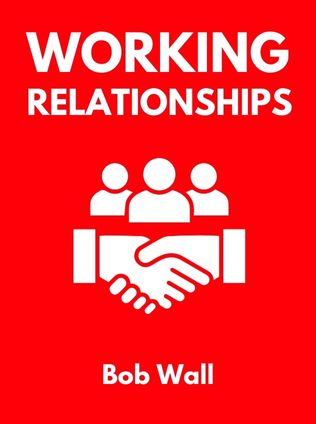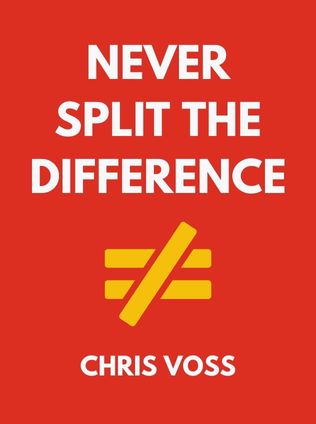
Working Relationships
The Simple Truth About Getting Along with Friends and Foes at Work
By Bob Wall
Published 12/1999
About the Author
Bob Wall is an organization development and training consultant whose clients have included Cellular One, McDonnell Douglas, Pier One Imports, and the U.S. Environmental Agency. He has a reputation for practical, common-sense solutions to workplace issues, focusing on improving communication, teamwork, and overall organizational effectiveness. Wall's work emphasizes the importance of managing workplace relationships effectively to achieve personal satisfaction and professional success.
Main Idea
In "Working Relationships: The Simple Truth About Getting Along with Friends and Foes at Work," Bob Wall delves into the intricacies of workplace relationships, asserting that no matter how skilled or knowledgeable one is, success and satisfaction at work hinge largely on the ability to forge effective relationships. The book provides insights and practical advice on how to navigate the often tangled web of workplace interactions, emphasizing the importance of clear communication, emotional intelligence, and professional boundaries.
Table of Contents
- 1. The Tangled Web of Relationships in the Workplace
- 2. When Good Teams Go Bad
- 3. When Behavior Falls Short of Good Intentions
- 4. When You Are Your Own Worst Enemy
- 5. Fixing the Relationships That Are Not Working
- 6. Why Teams Break Down
- 7. Participating in Decision Making
- 8. Conversations Dying to Happen
- 9. Making the Good Relationships Better
The Tangled Web of Relationships in the Workplace
Every job requires interaction with people, whether it's dealing with a boss, coordinating with co-workers, or managing a team. Effective relationships are crucial for success and job satisfaction. Wall discusses the importance of distinguishing between personal and professional relationships, emphasizing that while personal relationships are based on equality, professional relationships are hierarchical and goal-oriented.
Friends and Colleagues
Personal relationships at work can offer friendship and mutual support, but they must be managed carefully to avoid conflicts of interest. Professional relationships, on the other hand, should remain focused on accomplishing work objectives. Mixing personal and professional relationships requires understanding the different communication methods and purposes of each.
"A professional relationship exists solely for the purpose of getting work accomplished. Even though you may work with someone you consider a friend, you must keep the work aspects of the relationship professional." - Bob Wall
Identifying Relationships to Improve
Wall suggests performing an exercise to identify troubled relationships at work. By naming two people with whom you want to develop better relationships and assessing the impact of not improving these relationships, you can begin to address underlying issues.
- Name two people at work with whom you would like to develop a better relationship.
- Ask yourself what will happen to your job effectiveness and satisfaction if the relationships don't improve.
- If you haven't attempted to address concerns, why not? What is holding you back?
The Myth of the Big, Happy Family
Wall argues against the notion that a workplace can function like a big, happy family. While fostering a warm, supportive environment is important, leaders must set appropriate professional limits to ensure that personal relationships do not interfere with business decisions.
Sign up for FREE and get access to 1,400+ books summaries.
You May Also Like
How To Win Friends and Influence People
The All-Time Classic Manual Of People Skills
By Dale CarnegieQuiet: The Power of Introverts
The Power of Introverts in a World That Can't Stop Talking
By Susan CainThe Lean Startup
How Today's Entrepreneurs Use Continuous Innovation to Create Radically Successful Businesses
By Eric RiesWho Moved My Cheese?
An Amazing Way to Deal with Change in Your Work and in Your Life
By Spencer Johnson, M.D.Make Your Bed
Little Things That Can Change Your Life...And Maybe the World
By William H. McRaven



















